Living In A Social Media World: How Social Media Can Cause a Business to Be in Violation of the Law
 Over the past decade, social media and its numerous platforms have grown exponentially. While social media, undoubtedly, has its perks, it has proven to have a number of pitfalls.
Social media has become a platform where people want to share every aspect of their life. Whether in text or video form, nothing really seems to be off limits as shareable material. Aspects of one’s job are not immune from being “post-worthy”. But can an employer prevent an employee from posting about their job, or the business? You may be surprised to learn that there are not many things employers can prevent employees from posting on their personal social media page regarding their employment. This does not mean employers cannot prohibit employees from posting on their social media while they are on the clock – it becomes an issue when the context of their social media posts is being dictated by the employer, even if the post relates to the business or the employer.
Section 7 of the National Labor Relations Act (NLRA) provides a number of protections for employees with respect to their rights to communicate with one another or third parties regarding terms and conditions of their employment. A rule, say that is found in your Employee Handbook, may be a violation of the law if it “would reasonably tend to chill employees in the exercise of their Section 7 rights”. (Lafayette Park Hotel (1998) 326 NLRB 824, 825.)
The National Labor Relations Board (NLRB) previously found Section 7 rights were violated by the following provisions found in Employee Handbooks:
Over the past decade, social media and its numerous platforms have grown exponentially. While social media, undoubtedly, has its perks, it has proven to have a number of pitfalls.
Social media has become a platform where people want to share every aspect of their life. Whether in text or video form, nothing really seems to be off limits as shareable material. Aspects of one’s job are not immune from being “post-worthy”. But can an employer prevent an employee from posting about their job, or the business? You may be surprised to learn that there are not many things employers can prevent employees from posting on their personal social media page regarding their employment. This does not mean employers cannot prohibit employees from posting on their social media while they are on the clock – it becomes an issue when the context of their social media posts is being dictated by the employer, even if the post relates to the business or the employer.
Section 7 of the National Labor Relations Act (NLRA) provides a number of protections for employees with respect to their rights to communicate with one another or third parties regarding terms and conditions of their employment. A rule, say that is found in your Employee Handbook, may be a violation of the law if it “would reasonably tend to chill employees in the exercise of their Section 7 rights”. (Lafayette Park Hotel (1998) 326 NLRB 824, 825.)
The National Labor Relations Board (NLRB) previously found Section 7 rights were violated by the following provisions found in Employee Handbooks:
- Employees are not to reveal non-public company information on any public site, which encompasses any topic related to the financial performance of the company; information that has not already been disclosed by authorized persons in a public forum; and personal information about another employee, such as performance, compensation or status in the company.
- Respect all copyright and other intellectual property laws. Get permission before reusing others’ content or images.
- When in doubt about whether the information you are considering sharing falls into one of the [prohibited] categories, DO NOT POST. Check with [Employer] Communications or [Employer] Legal to see if it’s a good idea.
 For the general public: This Blog/Web Site is made available by the law firm publisher, Dias Law Firm, Inc., for educational purposes. It provides general information and a general understanding of the law, but does not provide specific legal advice. By using this site, commenting on posts, or sending inquiries through the site or contact email, you confirm that there is no attorney-client relationship between you and the Blog/Web Site publisher. The Blog/Web Site should not be used as a substitute for competent legal advice from a licensed attorney in your jurisdiction.
For attorneys: This Blog/Web Site is informational in nature and is not a substitute for legal research or a consultation on specific matters pertaining to your clients. Due to the dynamic nature of legal doctrines, what might be accurate one day may be inaccurate the next. As such, the contents of this blog must not be relied upon as a basis for arguments to a court or for your advice to clients without, again, further research or a consultation with our professionals.
For the general public: This Blog/Web Site is made available by the law firm publisher, Dias Law Firm, Inc., for educational purposes. It provides general information and a general understanding of the law, but does not provide specific legal advice. By using this site, commenting on posts, or sending inquiries through the site or contact email, you confirm that there is no attorney-client relationship between you and the Blog/Web Site publisher. The Blog/Web Site should not be used as a substitute for competent legal advice from a licensed attorney in your jurisdiction.
For attorneys: This Blog/Web Site is informational in nature and is not a substitute for legal research or a consultation on specific matters pertaining to your clients. Due to the dynamic nature of legal doctrines, what might be accurate one day may be inaccurate the next. As such, the contents of this blog must not be relied upon as a basis for arguments to a court or for your advice to clients without, again, further research or a consultation with our professionals. For the general public: This Blog/Web Site is made available by the law firm publisher, Dias Law Firm, Inc., for educational purposes. It provides general information and a general understanding of the law, but does not provide specific legal advice. By using this site, commenting on posts, or sending inquiries through the site or contact email, you confirm that there is no attorney-client relationship between you and the Blog/Web Site publisher. The Blog/Web Site should not be used as a substitute for competent legal advice from a licensed attorney in your jurisdiction.
For attorneys: This Blog/Web Site is informational in nature and is not a substitute for legal research or a consultation on specific matters pertaining to your clients. Due to the dynamic nature of legal doctrines, what might be accurate one day may be inaccurate the next. As such, the contents of this blog must not be relied upon as a basis for arguments to a court or for your advice to clients without, again, further research or a consultation with our professionals.
Contact
Dias Law Firm, Inc. 502 W. Grangeville BlvdHanford, CA 93230
(559) 585 7330

